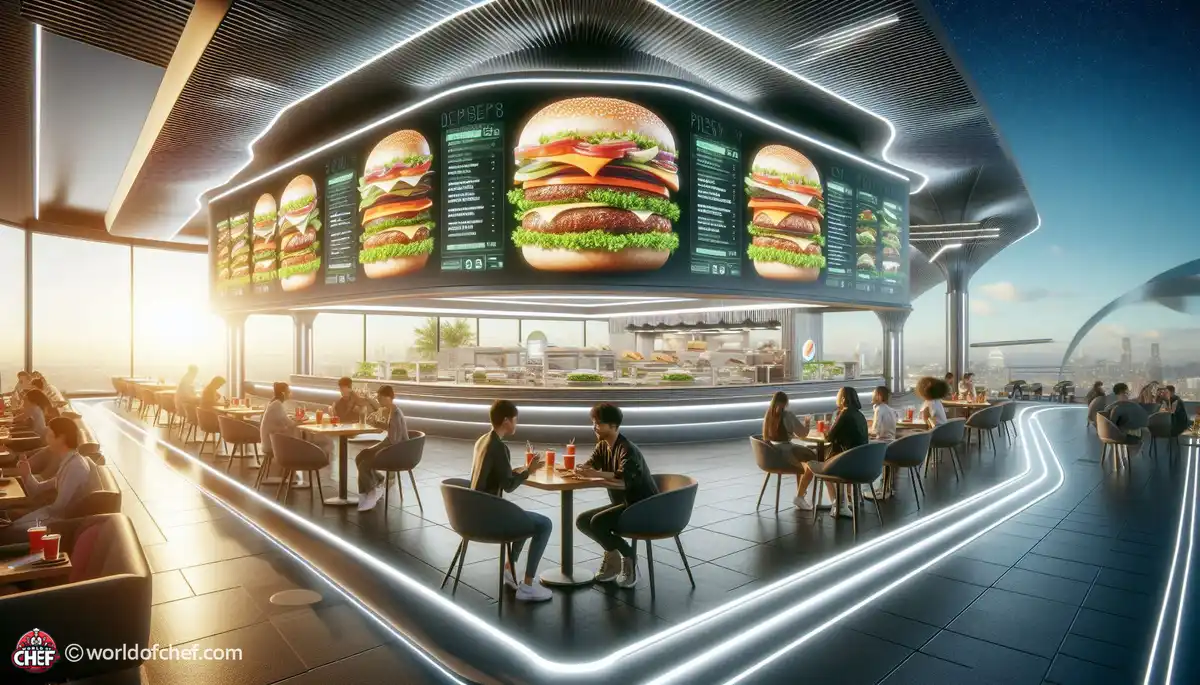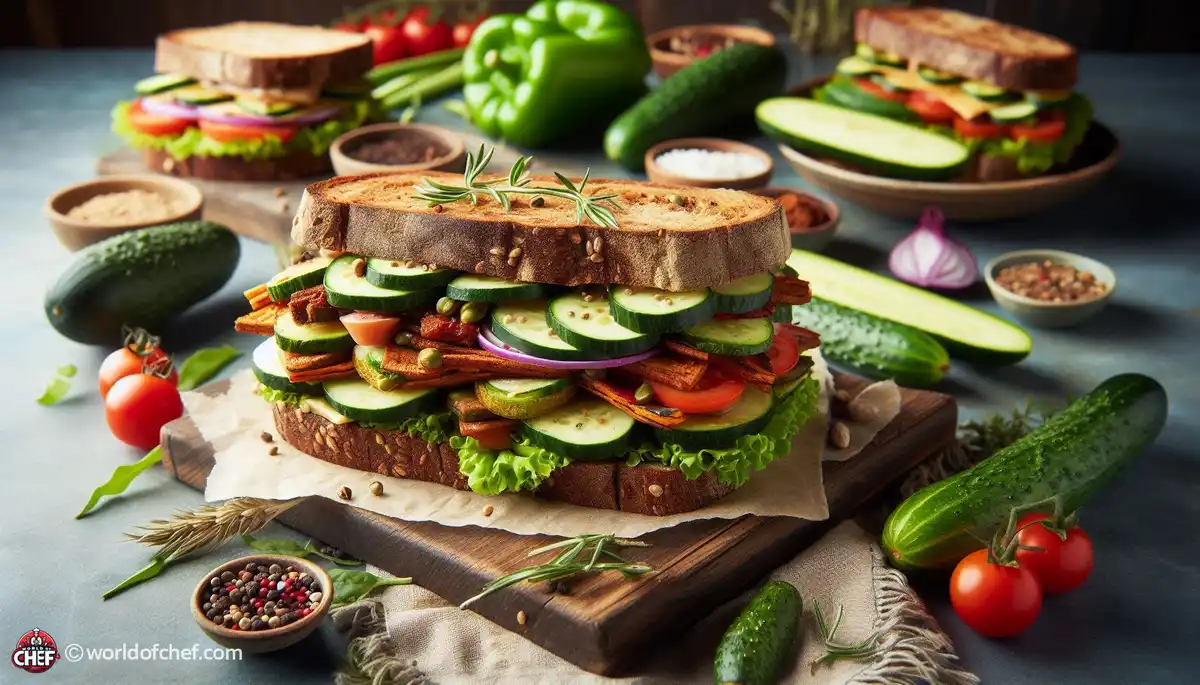
Vegan Salad Dressing Recipes: Oil-Free Options for Health-Conscious Eaters
Harry Puga - Oct 6, 2024 - 8 min read


The journey of vegan burgers is as diverse as the ingredients they are made of. What began as a niche product aimed at catering to a small subset of consumers has now blossomed into a global phenomenon. In the early days, vegan burgers were often seen as bland and uninspiring substitutes for their meaty counterparts. However, as the demand for plant-based options grew, so did the innovation surrounding vegan burger recipes. Today, these burgers come in a myriad of flavors and textures, appealing to vegans, vegetarians, and even omnivores alike.
One of the key driving forces behind the evolution of vegan burgers has been the development of plant-based meat substitutes. These innovative products aim to replicate the taste, texture, and mouthfeel of traditional meat, providing a more familiar dining experience for consumers. With advancements in food technology, companies have been able to create plant-based burgers that not only look like meat but also sizzle and bleed like the real thing. This has helped bridge the gap between vegan and non-vegan options, making it easier for individuals to adopt a plant-based diet without sacrificing the taste and satisfaction of their favorite foods.
In addition to catering to Dietary Preferences, vegan burgers also align with growing concerns surrounding sustainability and animal welfare. The production of traditional meat products is often associated with significant environmental impacts, including deforestation, greenhouse gas emissions, and water pollution. By opting for plant-based alternatives, consumers can reduce their carbon footprint and minimize their contribution to animal suffering. As more people become aware of these issues, there has been a noticeable shift towards plant-based eating, with vegan burgers leading the charge in the fast-food industry.
In recent years, there has been a noticeable shift towards healthier eating habits, driven by an increased awareness of the link between diet and health outcomes. As a result, many consumers are seeking out alternatives to traditional fast food that are lower in saturated fat, cholesterol, and calories. Vegan burgers offer a convenient and satisfying option for those looking to indulge in their favorite comfort foods without compromising on nutrition. Made from wholesome plant-based ingredients, these burgers are often lower in fat and higher in fiber, making them a popular choice among health-conscious individuals.
Another key aspect of the vegan burger revolution is the emphasis on customization and variety. Unlike traditional fast-Food Chains that offer limited options for customization, many vegan burger joints allow customers to build their own burgers, choosing from a wide range of toppings, sauces, and buns. This not only caters to individual taste preferences but also encourages creativity and experimentation in the kitchen. Whether you prefer a classic cheeseburger with all the fixings or a spicy black bean burger topped with avocado and salsa, the possibilities are endless when it comes to vegan burgers.
One of the most significant impacts of the vegan burger revolution is its role in democratizing plant-based eating. In the past, veganism was often associated with privilege, viewed as a lifestyle choice reserved for the affluent or ethically-minded elite. However, the rise of affordable and accessible vegan burger options has made plant-based eating more inclusive and accessible to people from all walks of life. Whether you're grabbing a quick bite on your lunch break or enjoying a meal with friends and family, vegan burgers offer a delicious and convenient alternative to traditional fast food.
As we look to the future, the possibilities for plant-based innovation in the fast-food industry are virtually endless. With ongoing advancements in food technology, we can expect to see even more realistic and flavorful vegan burger options hitting the market. From plant-based seafood to lab-grown meat, the boundaries of what is possible are constantly being pushed, paving the way for a more sustainable and ethical food system.
Another exciting development on the horizon is the increasing number of collaborations and partnerships between food companies, celebrities, and influencers to promote plant-based eating. These partnerships not only help raise awareness about the benefits of vegan burgers but also introduce new flavors and concepts to consumers. Whether it's a limited-edition burger created by a celebrity chef or a partnership between a fast-food chain and a plant-based meat company, these collaborations are helping to mainstream veganism and make plant-based options more accessible to the masses.
Finally, we can expect to see a surge in the number of plant-based fast-food chains catering specifically to the growing demand for vegan burgers and other plant-based options. These chains offer a convenient and affordable alternative to traditional fast food, making it easier than ever for consumers to make the switch to plant-based eating. With their innovative menus, sustainable practices, and commitment to animal welfare, these chains are leading the way towards a more compassionate and environmentally-friendly future for fast food.
In conclusion, the evolution of vegan burgers represents a paradigm shift in the fast-food industry, challenging long-held assumptions about what constitutes a satisfying and delicious meal. From their humble beginnings as bland substitutes to their current status as gourmet delicacies, vegan burgers have come a long way in reshaping the way we think about fast food. With their focus on sustainability, health, and ethics, these burgers are not just a passing trend but rather a glimpse into the future of dining. As we continue to innovate and explore new culinary possibilities, one thing is clear: the era of plant-based fast food is here to stay.

Harry Puga - Oct 6, 2024 - 8 min read

Autumn Sparrow - Oct 6, 2024 - 6 min read

Joel Spurgeon - Oct 6, 2024 - 11 min read

Alexander Kuhns - Oct 6, 2024 - 6 min read